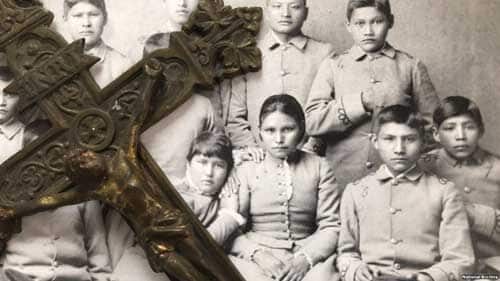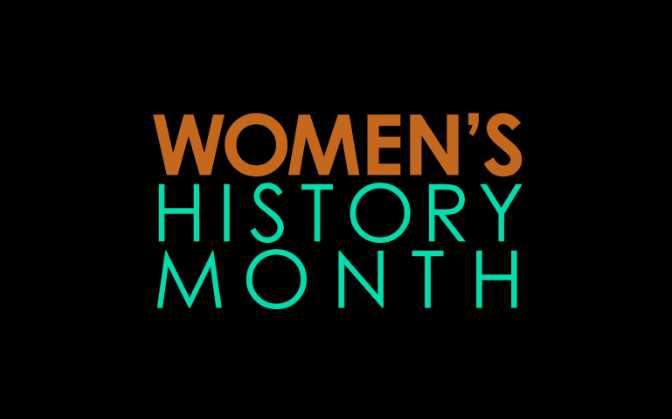Recognizing that the admission was overdue, California Gov. Gavin Newsom on Tuesday issued an apology for the “systemic slaughter of California Indians” and called it a “genocide” that must be acknowledged.
Newsom, a Democrat, made the remarks to a gathering of tribal leaders at the future site of the California Indian Heritage Center in West Sacramento. The apology is codified in an executive order (pdf), which also calls for the creation of a Truth and Healing Council.
A press statement from the governor’s office describes his actions as “the first time a state has taken dual action to correct the historical record and acknowledge wrongdoing through executive order mandate and a tribally-led, consultation-informed council.”
The “only way to right a wrong is to acknowledge there was a wrong,” said Newsom. He pointed to examples of state-backed violence against native people, including the state’s first governor ordering a “a war of extermination,” as a “stain on our state.”
“It’s called a genocide. That’s what it was—a genocide. No other way to describe it,” he said. “And that’s the way it needs to be described in the history books.”
“I’m here to say the following,” Newsom continued. “I’m sorry on behalf of the state of California. I’m sorry that we’ve had generations—your kids and grandkids, your ancestors—that had to suffer through the indignities, lack of capacity and empathy and understanding, their lives lost, their lives diminished, and the incapacity of the rest of us to fully grasp the magnitude of what we in this state did to your ancestors.”
To help rectify “atrocities of the past,” said Newsom, the new council can “begin to tell more stories, tell more truths,” and to tell them “in a way that can create a truly historical construct that does justice to the pursuit of truth and reconciliation.”
Among the leaders gathered was Mark Macarro, tribal chairman of the Pechanga Band of Luiseño Indians in southern California.
He welcomed Newsom’s apology, which he said can “set a new tone” and “begin a long healing process.”
Erica Pinto, chairwoman at Jamul Indian Village, for her part, thanked the governor for his comments but stressed that “action is where it’s at.”
Common Dreams work is licensed under a Creative Commons Attribution-Share Alike 3.0 License. Feel free to republish and share widely.








